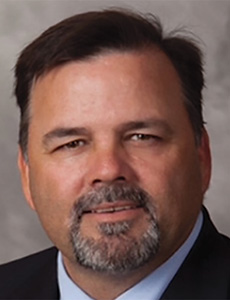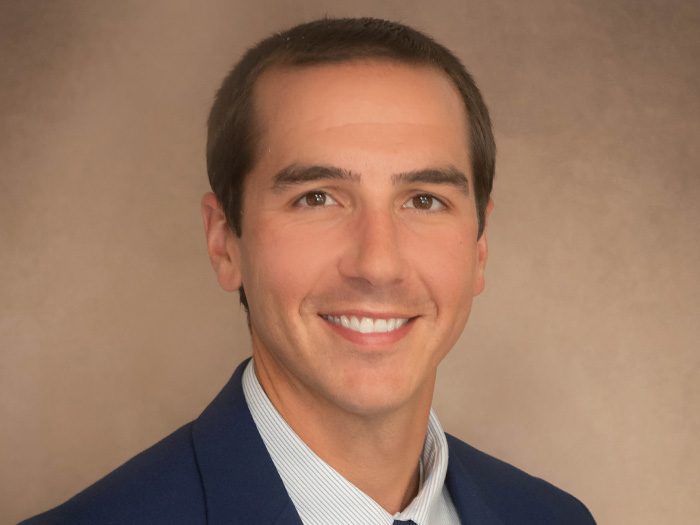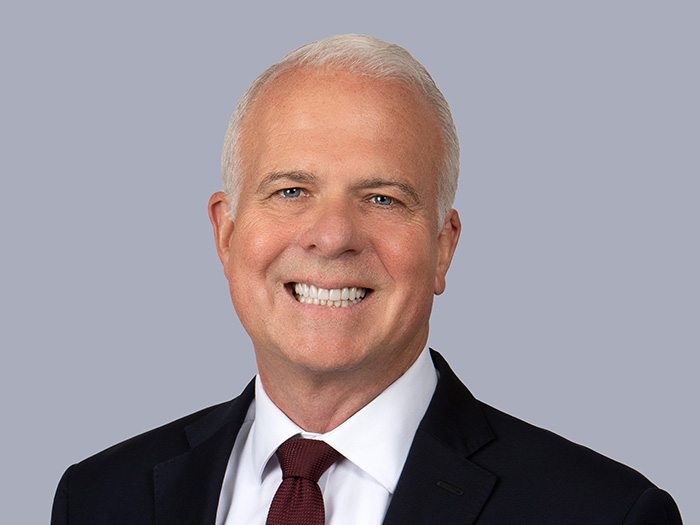Meet 2025 Risk All Star Timothy Adam of ULCS/Asplundh
When COVID-19 struck, Timothy Adam, vice president of operations for Utility Line Construction Services, an Asplundh Company, got right to work.

Timothy Adam, VP of operations, ULCS/Asplundh
Recognizing the human performance gap of “vague guidance” he knew that generic CDC advisories wouldn’t suffice to ensure the safety of frontline crews navigating real-time risks.
He developed crew-level COVID-19 prevention plans tailored to regional requirements and client specifications. The organization implemented daily health and safety checklists for individual and team accountability while maintaining a comprehensive tracking system to manage thousands of cases across 2020-2022, ensuring safe and timely return to work.
However, Adam and ULCS had to navigate not only their own COVID cases and protocols, they were also having to work through the COVID protocols and requirements of each of their customers.
In protecting the workers of ULCS, Adam was building on the work he accomplished at a previous employer as a Human and Organizational Performance partner of KnowledgeVine.
At the previous employer, another utility contractor, Adam addressed workers’ compensation costs that were running between $1.4 million and $1.7 million annually. Adam surveyed that company’s workforce and uncovered a culture where mistrust and
disengagement were endemic.
To address this malignancy, and working with KnowledgeVine, Adam instituted annual culture surveys, leadership training and a host of additional programs. As a result of his actions, workers’ compensation costs at that company dropped from more than $1.6 million to $400,000.
Beyond his accomplishments during the pandemic, Adam has continued to build on that record of success in his work with his current employer, ULCS.
Today, ULCS boasts consistently low workers’ compensation costs, compared to the industry, and has a motivated and engaged workforce.
The organization achieves strong safety, quality, and productivity metrics alongside deep trust from both clients and employees. Adam’s success illustrates that effective risk management in the utility industry requires addressing human performance alongside traditional safety protocols. By treating risk management as a learning journey rather than a static achievement, organizations can build resilient cultures that protect both financial and human capital while delivering operational excellence. &
View All of the 2025 Risk All Stars








